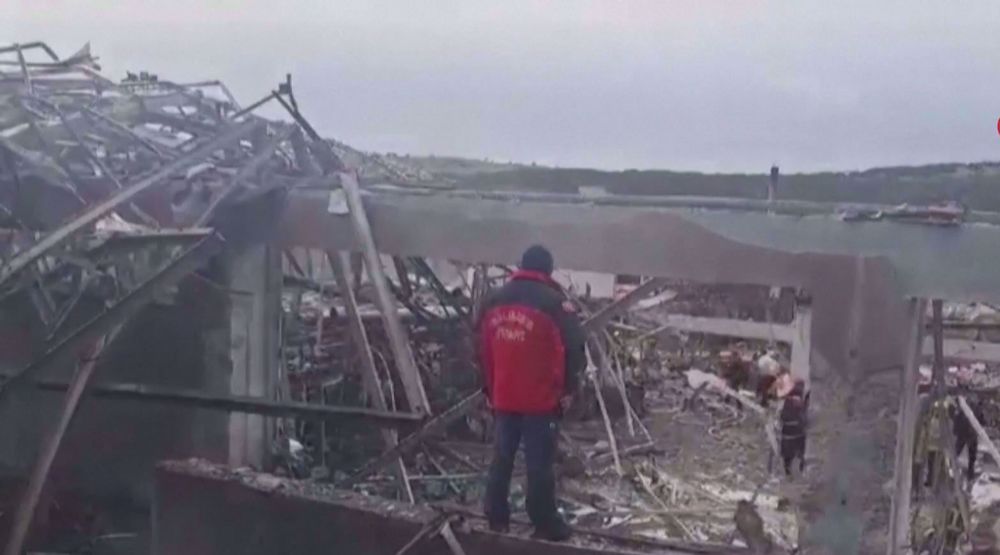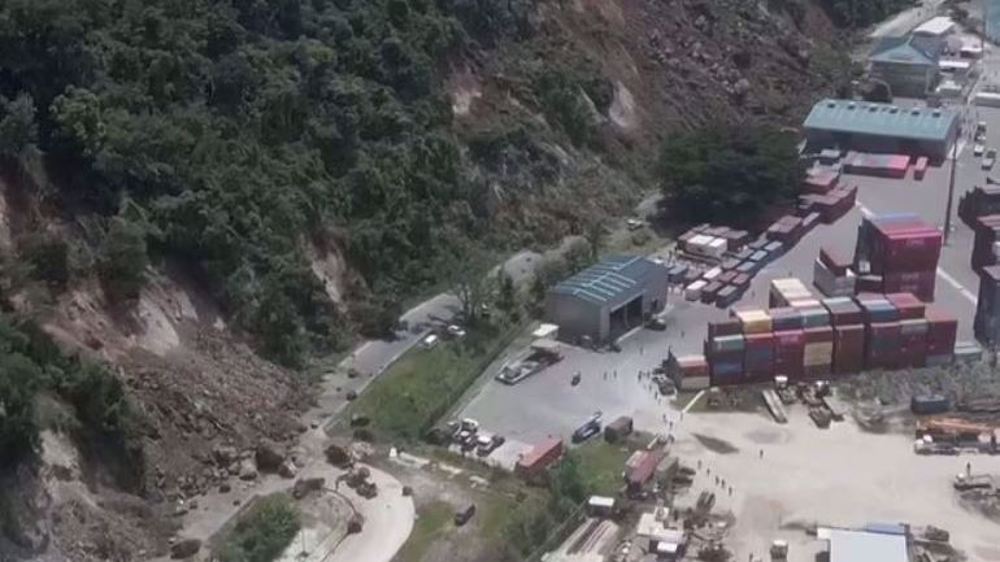UN chief raises alarm over Ethiopia drought
Here is a round-up of global news developments:
- Saudi Arabia says American and British military experts have been advising its forces on how to improve aerial targeting in Yemen. The spokesman for Riyadh’s bombing campaign has revealed US and British advisers have recently held a workshop for Saudi commanders. Over 10 months of Saudi airstrikes have killed 8,300 Yemenis.
- The Israeli premier has criticized France’s proposal to recognize Palestine as a sovereign state. Benjamin Netanyahu says the proposal will be an incentive for the Palestinians not to compromise in the negotiations. Several nations including Britain have in the past recognized a Palestinian state symbolically.
- Turkish police fire tear gas and water canon to disperse anti-government protesters in Istanbul. The demonstrators responded by hurling Molotov cocktails at security forces. They are angry over Ankara’s crackdown against Kurds in the country's southeast. Ankara's military operation followed a July bombing by Daesh in the town of Suruc.
- UN Secretary General Ban Ki-moon says Ethiopia’s devastating drought could last for some time. Over 10 million Ethiopians are in desperate need of food as the country faces its worst drought in 30 years. The UN warns that unless urgent action is taken, the number could double in the coming months.
- People in Northern Ireland's city of Derry have rallied to mark the 44th anniversary of the Bloody Sunday massacre. Irish protesters condemned the British government for the killings and demanded justice for the victims. On January 30, 1972, British troops opened fire on a peaceful march in Derry, murdering 14 people.
- The European Union has failed to convince Britain to stay in the 28-member bloc. The body’s chief Donald Tusk and UK Premier David Cameron have agreed to hold another 24 hours of talks. Britain and the EU are divided over London's demand for more control over immigration.
- Colombia’s FARC rebels say they will enter politics and seek alliances with other parties after signing a peace deal with the government. The guerrilla group has also agreed to lay down arms. FARC has been in talks with the government since late 2012 to try to end five decades of conflict.
- The Islamic Movement of Nigeria has expressed skepticism about a government probe into last year’s army assault on Muslims. It accuses government’s inquiry commission of bias against Muslims. It also questions the credibility of the commission that includes representatives from the military. Hundreds were killed during the army raid in December.
Iran lifts ban on WhatsApp, Google Play
VIDEO | Palestinian childhood under threat
Yemeni forces strike Israeli military site with hypersonic missile
Yemeni missiles alter US, Israel’s calculations: Iranian FM
Israel provides full support for theft of aid to starve Gazans: Report
'Israel booby-trapped walkie-talkies, pagers years before Lebanon blasts'
Gaza Health Ministry calls for urgent intl. help to protect hospitals amid Israeli genocide
Stakes involved in Iran’s partnership with Eurasian Union









 This makes it easy to access the Press TV website
This makes it easy to access the Press TV website